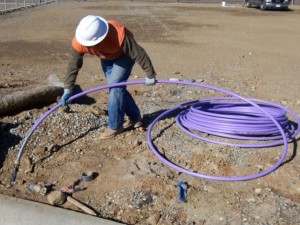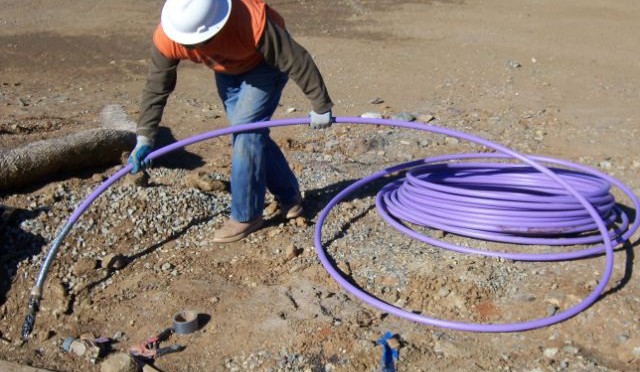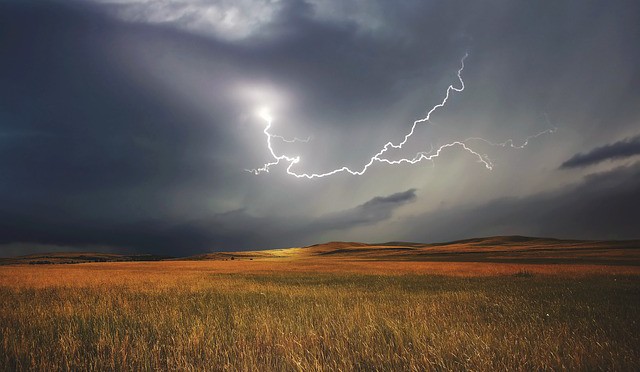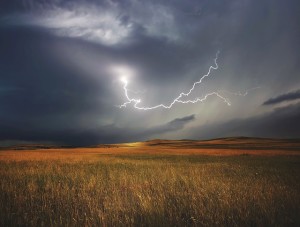 In one northern California community, an area ravaged by a four year drought, residents are watering their lawns using gray water – water that has been recycled.
In one northern California community, an area ravaged by a four year drought, residents are watering their lawns using gray water – water that has been recycled.
The community of El Dorado Hills has one of the oldest water recycling programs in the state – reusing water for any purpose that doesn’t require a potable standard.
‘”All your shower water, all your toilet water, dishwater, everything that goes down your sinks, comes to this facility and we clean it up,” El Dorado Wastewater Treatment Plant Supervisor of Operations Alan Planje said.
A bonus is that customers save about 35% on their water bills. But another extremely important benefit comes from the fact that the community saves 4.5 million gallons of drinking water per day, by not wasting it on watering lawns.
“It is part of the culture, when homes are built in El Dorado Hills, they come with plumbing for recycled water,” El Dorado Irrigation District Manger of Wastewater/Recycled Water Margaret Washko said.
Dual plumbing systems are built into each home in the community, one for potable water and a purple pipe system for the gray water to water lawns and even the golf course.
To read and hear more about this story, visit http://www.news10.net/story/news/local/eldorado-hills/2015/07/15/el-dorado-hills-keeps-green-lawns-with-gray-water/30165413/
Photo credit: El Dorado Irrigation District



 As we’ve shared in the past, the mission of
As we’ve shared in the past, the mission of 
 Scenario: you finally come to the awareness that collecting rainwater is a good way to conserve well or city water and a sustainable way to water your garden. So, you set up a barrel to capture rain for use in plant watering. Great idea – right? Wrong. If you live in Colorado, where someone else owns the clouds, you might just be an outlaw!
Scenario: you finally come to the awareness that collecting rainwater is a good way to conserve well or city water and a sustainable way to water your garden. So, you set up a barrel to capture rain for use in plant watering. Great idea – right? Wrong. If you live in Colorado, where someone else owns the clouds, you might just be an outlaw!